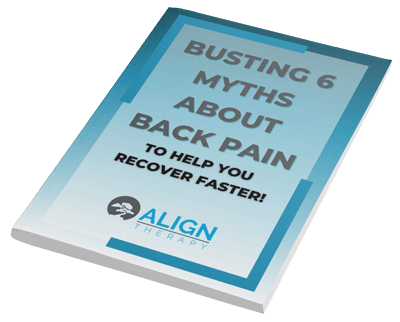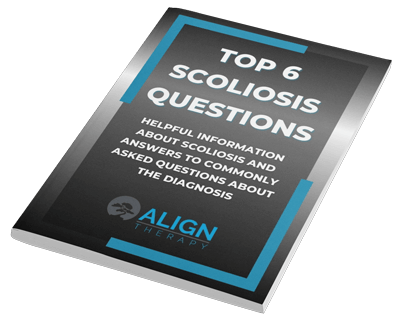Heel Pain, seems like everyone around me has it. Sometimes it is from running, sometimes, from injury, and sometimes from starting a new exercise routine. Most of the time though, it has been going on for a LONG time!
As I was sitting with my extended family over Thanksgiving weekend, I realized this heel pain is becoming an epidemic, and needs to be addressed! I decided to start with this blog post to help educate on what may be causing it, and why it isn’t going away.
What Causes Heel Pain?
Heel pain can be caused by many things, and I don’t have the time to cover all of them. The top things I do see cause heel pain are:
A recent change in activity level:
Usually, this is an increase in activity level, but it could also be becoming more sedentary. Starting a new exercise program or taking up hiking or running can definitely create some pain in the foot and heel.
Tightness in the Calf:
One of my good friends jokes that I give calf stretching to all of my patients, regardless of their diagnosis. Well, not totally true, but to him it seemed odd that to help his foot pain, I had him stretch his calves.
Increase in Weight:
The more weight you have, the more pressure is on the heel. This usually also correlates with a change in activity level.
Pain in the heel can come from nerve issues (tarsal tunnel), bruising of the bone, fat pad degeneration, Achilles tendinitis, bone spurs, and many other things. The most common diagnosis is the dreaded Plantar Fasciitis!! 
Many people just resign themselves to having heel pain. When it interrupts your normal everyday activities, or stops you from doing the things you love, it is time to do something about it!
Here are the top 3 reasons Plantar Fasciitis sticks around:
- Because you haven’t changed your footwear!
It seems like a lot of times, we expect the pain to go away if we just give it time. This is because, most of the time, with other aches and pains, it works. With heel pain, we can wait and wait and wait and it stays the same, or even gets worse. Your footwear may be contributing to your pain staying.Many people won’t give up their flip flops or heels to fix their heel pain. I guess in those cases, it just isn’t bad enough yet. I am not saying you can never wear those shoes again, but while you are trying to get the heel to stop hurting, it may be a good idea to give the foot a rest with shoes with support.With that said, I have a love hate relationship with supporting the arch. The foot arch is meant to be dynamic (meaning it is meant to move), and it needs to be able to move to function appropriately. Supporting it too much can cause it to weaken, but at first can help reduce pain and rest the tissue enough to get it to heal.
- Because you haven’t changed anything.
Think about what brought the pain on. Was it starting a running program, an exercise routine, or even just going walking longer through the mall? To truly address and fix the pain, you need to make some modifications in the activities.This doesn’t mean to stop doing them, but may mean changing them up.When pain is due to running, maybe you need to look at your training routine. Are you giving the tissue adequate rest? Have you included enough cross training to keep the legs strong? Is your running form causing more strain on the foot than there needs to be (very likely)?If your pain is due to standing for a long time at work, have you looked at sitting more or making some changes in what you are standing on?
Even though you have cut out everything that seems to make it worse and you still have pain? Are you actively finding those things that will make it better? Things like stretching and night splints can be helpful. Finding what needs to be changed and changing it can be the key to resolving heel pain once and for all.
- Because it needs some help!
I would call this TLC, but it doesn’t necessarily mean it will be tender. Current research indicates plantar fasciitis is due to a degeneration in the tissue. As the fascia get injured, it tries to repair itself by laying down scar tissue. Unfortunately, since we usually have not changed the thing that caused it.It doesn’t finish that repairing process and has to start over. This process leads to a thickening of the tissue and more sensitivity due to more nerves growing into the area. You are then left with weakened tissue that cannot tolerate the load or activity you are putting on it.In this way it becomes chronic.To reverse this process, we need to pull out the big guns. Treatments like ASTYM (a deep tissue technique using tools), cross friction massage, and specific strengthening of the calf and foot can help to jump start your body’s healing response and finish healing the tissue.
 In therapy we also add in stretching of the foot and calf, strengthening of the hips and core, as well as taping of the arch. We can also make sure it isn’t something else causing the pain.
In therapy we also add in stretching of the foot and calf, strengthening of the hips and core, as well as taping of the arch. We can also make sure it isn’t something else causing the pain.
Heel pain can be something very frustrating, but it doesn’t have to be. With the right treatment you can reduce the pain, heal the tissue, and return to the things you love.
If you have specific questions on YOUR heel pain, please don’t hesitate to come in for a FREE Consultation where we can help you on the path to getting better. Just click HERE and we will set one up for you or your loved one needlessly suffering with this pain!
David Butler, Physical Therapist




